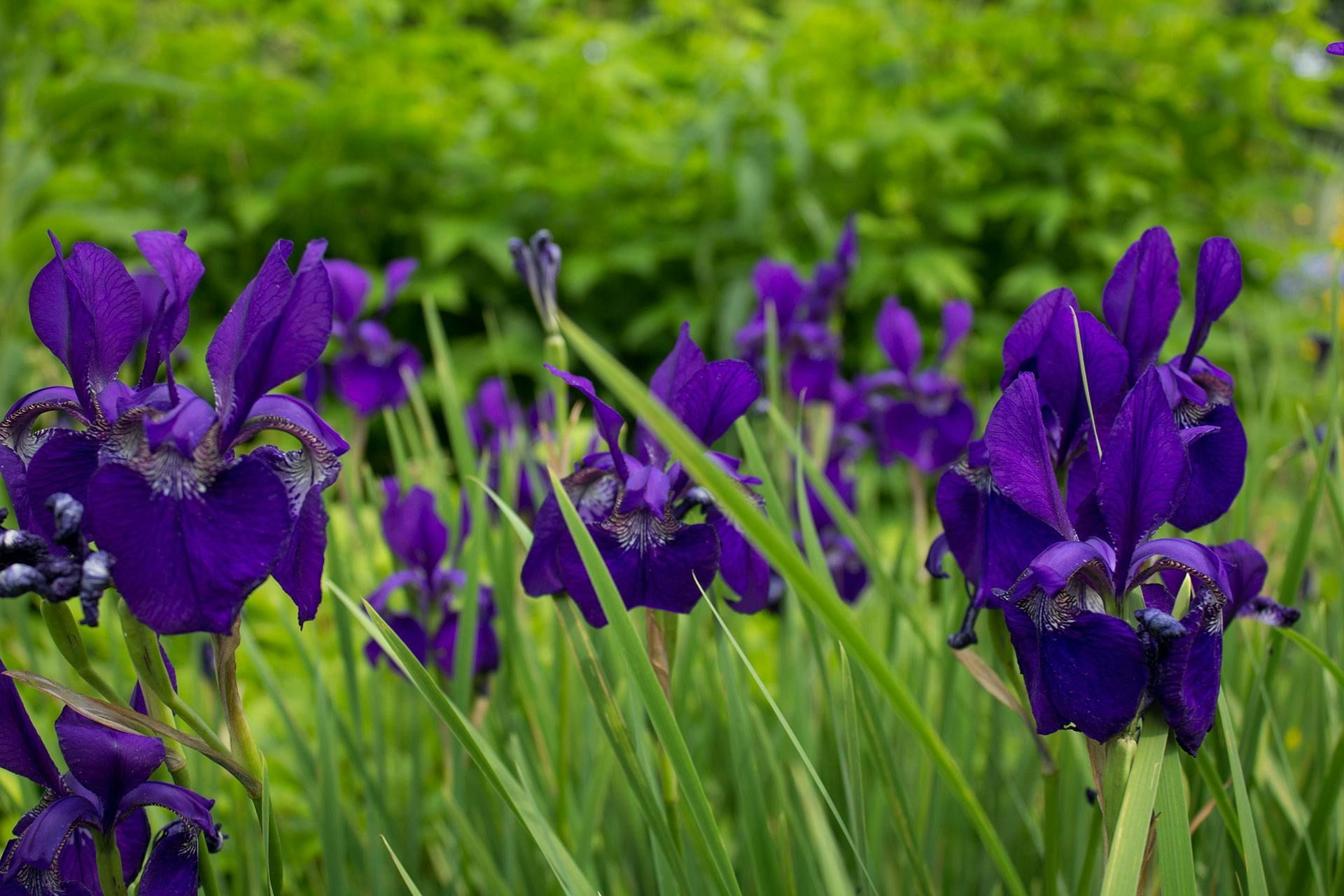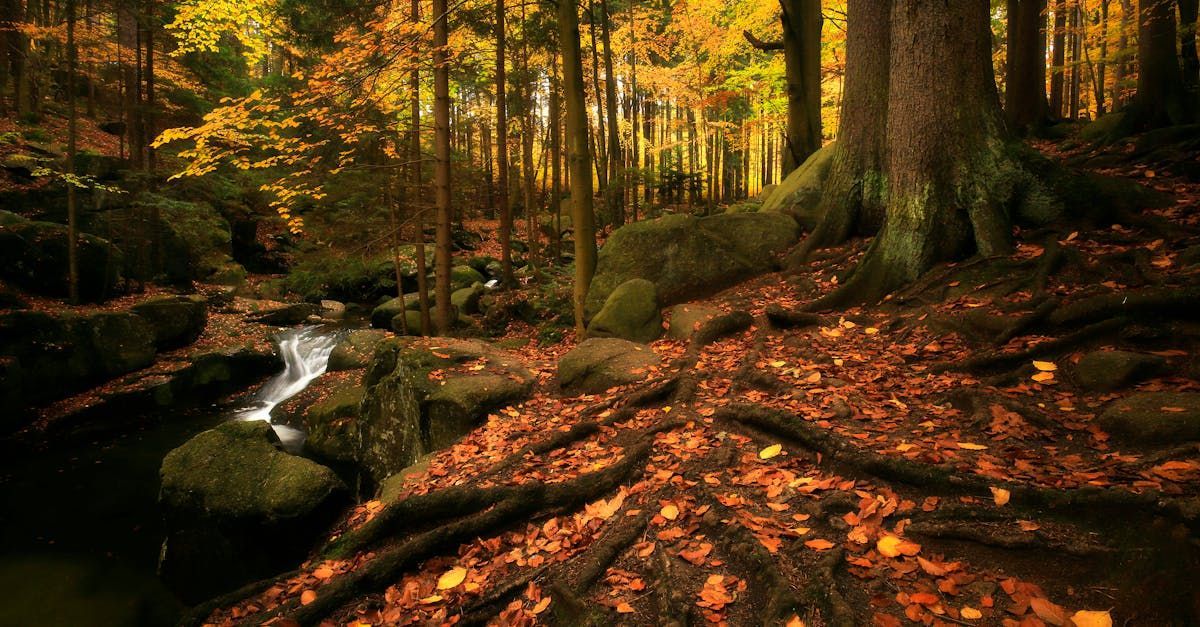Are all small towns the same?
Author: Macy Guppy
A tale of two towns
Hailing from Hood River Oregon makes me a rural gal. I grew up in the ‘50s and ‘60s in a big ol’ house with a picturesque ditch abutting it and a chicken coop next to the garage. Orchards surrounded our house.
After I left for college, two conjoined subdivisions displaced the pear and apple trees as our town morphed from charming enclave to a mix of suburban mini-me houses, estates for California transplants and original homes that either maintained their character or gradually lost it to the ravages of time, poverty or life circumstances.
Our home fell into the dilapidated category after my parents sold it. But that’s another story. The point is that I experienced what I can only describe as great fortune to grow up surrounded by such beauty and simple joys.
History tells us that the people who moved to Hood River in its formative years — the late 19th and early 20th century — were a hardy bunch. Many were dumb-struck by its valleys and vistas — the towering Mount Hood in the distant back yard and its sister Mount Adams across the wide Columbia River. Both stand as fraternal twin sentinels guarding the region’s treasures.
Family lore has it that my Grandfather McClain was a victim of this awe as he travelled east from a Portland business meeting to his home in Ohio in the very early 1900s. When his train stopped in Hood River and he stepped off, Herbert almost immediately telegraphed his wife to announce they were moving to the Hood River valley.
Thirty years later, my father made his first trip to Hood River for his and my mother’s engagement party. Like his soon-to-be father-in-law, Russ Guppy was captivated by the area. The young Guppy family moved there after World War II.
I may romanticize my heritage, but I can’t help but think I grew up in an atypical rural area. Its beauty was and still is its calling card. No matter a person’s bent — running a small business, tending a pear orchard, teaching kiteboarding, laboring for a utility company or painting scenes of the valley, to name a few — people’s kinship with the land was and is palpable.
Politically, the Hood River people I knew as a child tended to be conservative in the old-style Republican model of Mark Hatfield and Tom McCall. They had both served as Oregon governors and Hatfield as a longtime senator in midcentury Oregon. Less was more in their preferred government mode, and “progressive” wasn’t a dirty word. This now seemingly lost political vision kept a tight reign on government and its funds without sacrificing the environment or humans who needed help.
In this political and cultural milieu, many Hood Riverites’ brains seemed cracked open a tad bit for new perspectives — just enough to allow a glimmer of change. A mind-bending experience at my church denomination’s San Francisco national youth gathering when I was 16 turned me into “one of three people in my town openly opposed to the Vietnam war,” as I described it. Yet people in the area listened. No one posted hate messages on our lawn or picketed the church for supporting peace rather than war. Cautioned curiosity, not abject fear, was at sway.
After college, I moved to another rural locale — tiny Pattonsburg, Missouri — for a year as a Vista volunteer. Swapping a rural childhood for an even more rural young adulthood seemed a bargain I could make with myself. My job was to work with local teens to create a youth center as a healthy outlet for kids whose entertainment options were almost nil. Like Hood River, Pattonsburg is plopped down in a pleasantly treed agricultural area at least an hour from a city. However, the town was so small — 500 people — that teens and young adults had no local drive-in restaurant or public swimming pool to meet and greet. There was no movie theater or even a dedicated local high school; local kids from kindergarten through high school attended the same school. Perhaps our youth center, which later switched to being a senior center, helped just a bit.
I spent my own leisure time joining the ladies’ circle for quilting, attending estate sales that felt like after-church coffee hours, and getting to know the teenagers. More than once, a few of them skinned a freshly killed rabbit in my bathroom sink and gifted it to me.
As a government employee and volunteer living in and serving a small town, I was expected to model the best possible behavior. I sometimes resisted this label, surreptitiously exploring the rebellious 22-year-old I also wanted to be. Some weekends I joined other 20-somethings for beer parties in a cornfield. I can’t recall ever discussing politics there; in my bones, I knew surfacing my views would cause chaos and disagreement that would harm my work and reputation.
Whereas Hood River folks seemed at least tolerant of the new and confusing, most Pattonsburg people resisted differences or growth.
As a result, I bring a dollop of midwestern small-town lived experience to reading “The View from Rural Missouri,” Jess Piper’s stories of living out progressive values in a conservative rural environment. I don’t pretend my own Pattonsburg experience, forged 50 years ago, is typical of the Midwest’s current political and cultural environment that the author speaks to so well.
However, my experiences in Oregon and Missouri towns disillusion me from painting all small towns’ political and cultural leanings with a broad brush stroke. Good people exist everywhere. I found them in both towns. However, parochialism can exist anywhere, too. In the Pattonsburg I knew 50 years ago, isolation, inadequate education and social services, and a dwindling economy challenged its progress. Severe economic downshifts often harden people's bitterness and powerlessness, which can narrow viewpoints. Today, the town’s population has plunged to 233 people.
In contrast, Hood River’s population has almost doubled in the last 50 years — largely thanks to economic growth and the draw of a coveted natural environment that encourages water sports such as windsurfing.
Authors and artists usually present either a nostalgic, charming vision of small town America or a scathing view of petty, small-minded people. In truth, small towns vary greatly in personality and politics. Yet they have one thing in common: As professor of American literature and screenwriting Dennis Clausen says, “Those of us who were raised in small towns never stop thinking of them as home.”
No matter our towns’ differences, that abiding sense of closeness and community will always remain.
Have you ever lived in a rural area? What was your experience?




